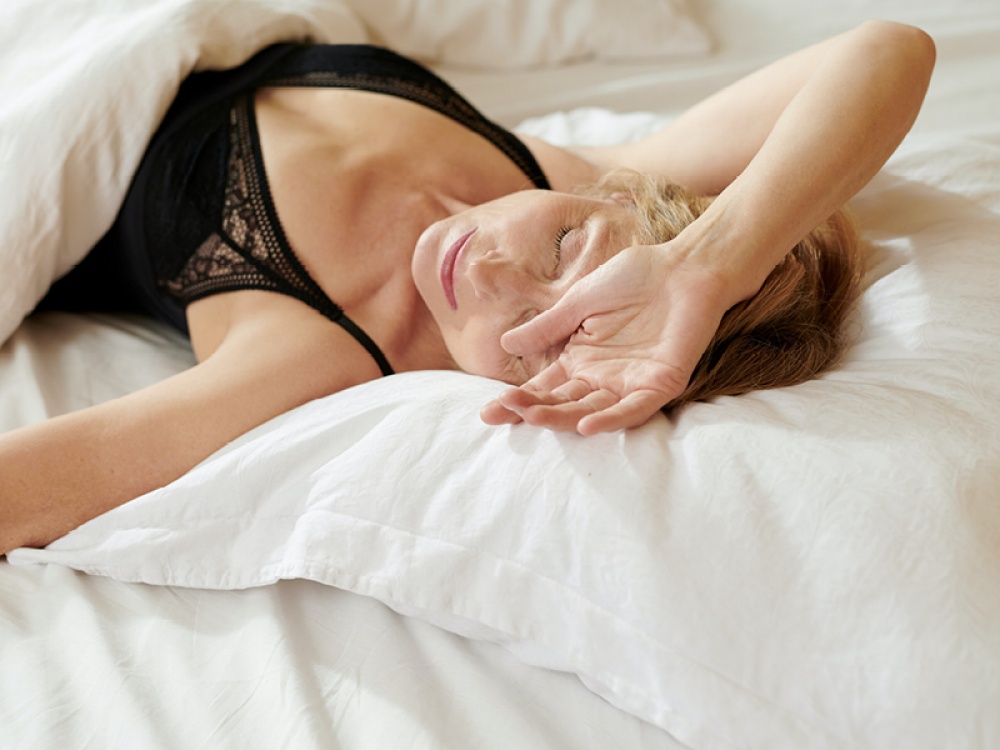How to Get a Good Night's Sleep

As the clocks go forward, get your beauty sleep back on track with our lists of do's and don'ts
Your To Do List
• Drink water. It’s an essential in any healthy diet, but those who are even marginally dehydrated are likely to be disturbed throughout the night.
• Exercise regularly (but not too close to bedtime). It doesn’t take much activity to notice a difference. Even adding a 20-minute workout into your daily routine can see you reap the benefits.
• Try a new pillow. Dust mites love your pillows even more than you do. This could trigger allergic reactions that make it harder to sleep. Pillows should generally be replaced every 18 months.
• Keep your bedroom dark. Even a little glow from a digital alarm clock can disturb your slumber. Why not consider using a comfy eye-mask?
• Power down and clear your mind. Work through your thoughts about the day before going to bed. Take some time in the evening to make lists for tomorrow, and clear your mental desktop of the things that are still on your mind.
Your To Avoid List
• Avoid fatty meals. Those who indulge in a greasy takeaway in the evening are far more likely to have have their sleep disturbed.
• Avoid alcohol. It may make you sleepy initially, but it will lead to disturbed sleep later. Alcohol is a diuretic which means you are more likely to have to get up in the night – and it increases the likelihood of snoring which restricts the airflow into the lungs.
• Reduce salt intake. High levels of salt in processed foods and some takeaways can raise blood pressure, and can also lead to dehydration, which has a detrimental effect on your sleep.
• Avoid caffeine in the evening. Remember caffeine can linger in your system for up to 12 hours.
• Ban your four-legged friends from the bed. It may be hard to say no to them, but every little purr or tail wag could disrupt your sleep.
Try not to stress about your sleep. The more anxious you get about getting enough sleep, the more difficult it will be to actually get any.
Find out more about the steps you can take to improve your sleep at sleepcouncil.org.uk







